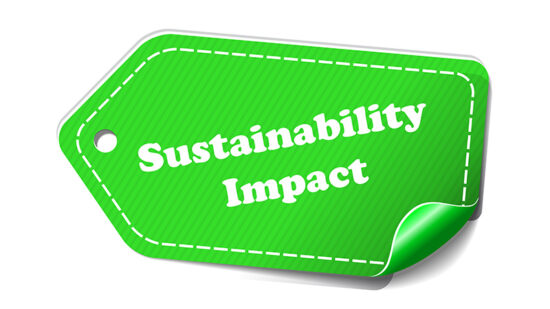“The dollar is roughly 20% overvalued,” he said. “For that reason, we feel that the dollar will change. We’re heading towards a weaker dollar, and that’s the time to invest in emerging markets. This is where the economic growth is, where the valuations are most attractive, and where you’re seeing positive economic reform.”
“We believe the dollar will depreciate over the next five years, and this is good news for emerging assets as they are negatively correlated with the currency,” he explained. “Because as history shows, a depreciating dollar tends to coincide with strong returns from emerging market bonds and stocks.”
Going forward, the weak spots of global financial markets are US stocks and government bonds, in Paolini’s view.
But even by allocating more to emerging market stocks and bonds and less to US equities and government bonds, investors will still not secure an attractive risk-adjusted long-term return. To achieve that, they will need to embrace alternative investments.
“If the dollar depreciates, then gold should do particularly well,” he explained. “Investors will also need to look to alpha-generating strategies such as total return, absolute return and tactical allocation.”
And to get decent real returns in the next five years, investors will need to take a little more risk, according to Paolini. “They will need to be braver and more tactical.”
Some economists believe one way of getting out of the productivity sluggishness is to ban cash. In Paolini’s view, what is next for monetary policy is either some form of helicopter money where the central banks send a cheque to everybody or to finance infrastructure spending. “If there is another recession, which may happen within five years, this is the inevitable way out,” he said.
But investors should not necessarily allocate capital to infrastructure; rather to regions or countries that are already experiencing higher than average rates of economic expansion and whose financial assets are trading at levels well below the historic average, according to Paolini.
Bank of Japan, which has experimented extensively with quantitative easing already, will be the first to try helicopter money, Paolini said.







